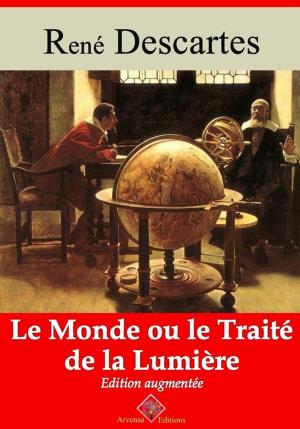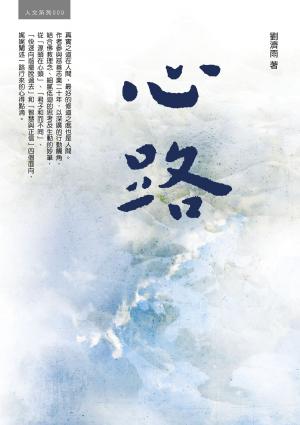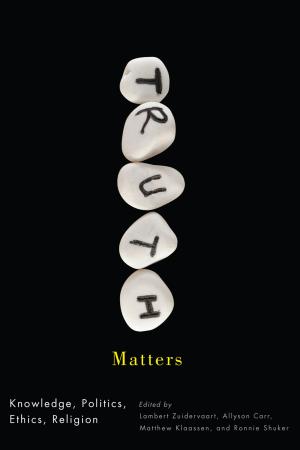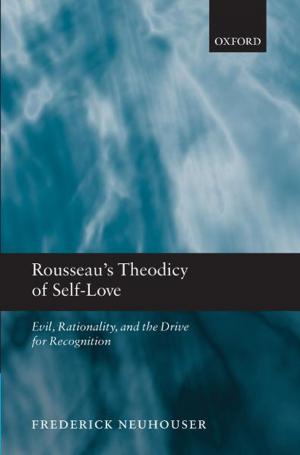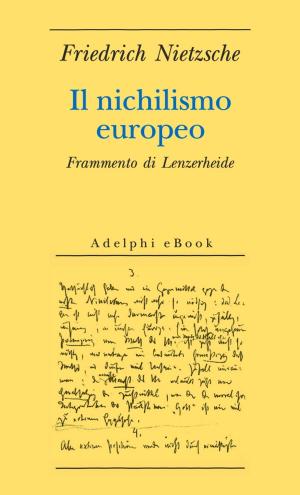| Author: | Yoko Miyamoto | ISBN: | 9781465745712 |
| Publisher: | Yoko Miyamoto | Publication: | December 13, 2011 |
| Imprint: | Smashwords Edition | Language: | English |
| Author: | Yoko Miyamoto |
| ISBN: | 9781465745712 |
| Publisher: | Yoko Miyamoto |
| Publication: | December 13, 2011 |
| Imprint: | Smashwords Edition |
| Language: | English |
The Mysterious East is a cliché you often hear when Asia is mentioned. When Jackie Chan and Jet Lee are big movie stars, youth throughout the world read manga and watch anime, and fashionable adults know something of Fen Shui, Tao, and Zen, why is Asia still a mystery?
The short answer is that Asians allow it to be a mystery. Confucians believe their ethics are universal human moral values. Every human, by virtue of being human, is expected to understand and share Confucian ethics so there is no need to explain to outsiders, because they do not —nay, cannot— exist. Confucians have not realized that they need to explain their morality to outsiders.
Recognizing this problem, Demystifying Confucianism explains Confucianism to non-Confucians through stories. Stories have been the principal vehicle for communicating cultural values. People of East Asia learn Confucian morality first through stories.
Demystifying Confucianism introduces a Japanese novella titled "The Disciple" as the starting point in understanding Confucius and Confucianism. This novel is very Japanese, in the sense that it has a martial slant. The historical reason behind this tendency is explained.
Daoism (Taoism) and Buddhism are intertwined with Confucianism in Chinese culture. The Journey to the West, which is a Mahayana Buddhism propaganda edutainment, expressly tells that three holy teachings of Confucianism, Daoism, and Buddhism can peacefully coexist in China. The novel also shows how the Chinese viewed the history and time; nearly eternal and cyclical, which is very different from the Western views.
Daoist magic novel Creation of Lesser Gods tells the rise of the Zhou dynasty that laid the foundation of imperial China as a part of gods' world reorganization plan. While Daoist gods got rid of their accumulated aggression by warring and killing, the human world went through the turmoil of dynasty change. This novel teaches the concept of the Mandate of Heaven, the idea that the emperor gains or loses his right to rule through his virtue or lack thereof. This idea was the traditional social contract of China and still retains its influence in today's China.
Romance of Three Kingdoms is said to capture the essence of being Chinese; being political, operating on the basis of personal bond of trust. This novel is well known for the "Live together, die together" brand of male bonding of three central hero, Liu Bei, Guan Yu, and Zhang Fei. Romance of Three Kingdoms recounts the events of the war-torn Three Kingdoms period with tales of battles and political intrigues, intricate war strategies and tactics, and winners and losers. Even though male bonding looms large in Romance of Three Kingdoms, women play interesting roles. The novel tells of Diaohan who is counted as one of the Four Beauties of Ancient China as well as a wise mother who dies as a martyr, smiling.
Water Margin is a Robin Hood type bandit novel. While Romance of Three Kingdoms mostly describes the lives of political leader class, Water Margin describes mostly the lives of middle class and lower, showing how common people viewed the world. This novel offers a look into the repression of romantic love in Chinese literary tradition. It also shows how the imperial bureaucracy based on the civil service examination system were perceived by common people.
By introducing these classic stories and explaining their relevance to the contemporary society, Demystifying Confucianism offers an easier way to understand East Asian Confucian culture.
2012 Dan Poynter's Ebook Awards Finalist.
The Mysterious East is a cliché you often hear when Asia is mentioned. When Jackie Chan and Jet Lee are big movie stars, youth throughout the world read manga and watch anime, and fashionable adults know something of Fen Shui, Tao, and Zen, why is Asia still a mystery?
The short answer is that Asians allow it to be a mystery. Confucians believe their ethics are universal human moral values. Every human, by virtue of being human, is expected to understand and share Confucian ethics so there is no need to explain to outsiders, because they do not —nay, cannot— exist. Confucians have not realized that they need to explain their morality to outsiders.
Recognizing this problem, Demystifying Confucianism explains Confucianism to non-Confucians through stories. Stories have been the principal vehicle for communicating cultural values. People of East Asia learn Confucian morality first through stories.
Demystifying Confucianism introduces a Japanese novella titled "The Disciple" as the starting point in understanding Confucius and Confucianism. This novel is very Japanese, in the sense that it has a martial slant. The historical reason behind this tendency is explained.
Daoism (Taoism) and Buddhism are intertwined with Confucianism in Chinese culture. The Journey to the West, which is a Mahayana Buddhism propaganda edutainment, expressly tells that three holy teachings of Confucianism, Daoism, and Buddhism can peacefully coexist in China. The novel also shows how the Chinese viewed the history and time; nearly eternal and cyclical, which is very different from the Western views.
Daoist magic novel Creation of Lesser Gods tells the rise of the Zhou dynasty that laid the foundation of imperial China as a part of gods' world reorganization plan. While Daoist gods got rid of their accumulated aggression by warring and killing, the human world went through the turmoil of dynasty change. This novel teaches the concept of the Mandate of Heaven, the idea that the emperor gains or loses his right to rule through his virtue or lack thereof. This idea was the traditional social contract of China and still retains its influence in today's China.
Romance of Three Kingdoms is said to capture the essence of being Chinese; being political, operating on the basis of personal bond of trust. This novel is well known for the "Live together, die together" brand of male bonding of three central hero, Liu Bei, Guan Yu, and Zhang Fei. Romance of Three Kingdoms recounts the events of the war-torn Three Kingdoms period with tales of battles and political intrigues, intricate war strategies and tactics, and winners and losers. Even though male bonding looms large in Romance of Three Kingdoms, women play interesting roles. The novel tells of Diaohan who is counted as one of the Four Beauties of Ancient China as well as a wise mother who dies as a martyr, smiling.
Water Margin is a Robin Hood type bandit novel. While Romance of Three Kingdoms mostly describes the lives of political leader class, Water Margin describes mostly the lives of middle class and lower, showing how common people viewed the world. This novel offers a look into the repression of romantic love in Chinese literary tradition. It also shows how the imperial bureaucracy based on the civil service examination system were perceived by common people.
By introducing these classic stories and explaining their relevance to the contemporary society, Demystifying Confucianism offers an easier way to understand East Asian Confucian culture.
2012 Dan Poynter's Ebook Awards Finalist.



